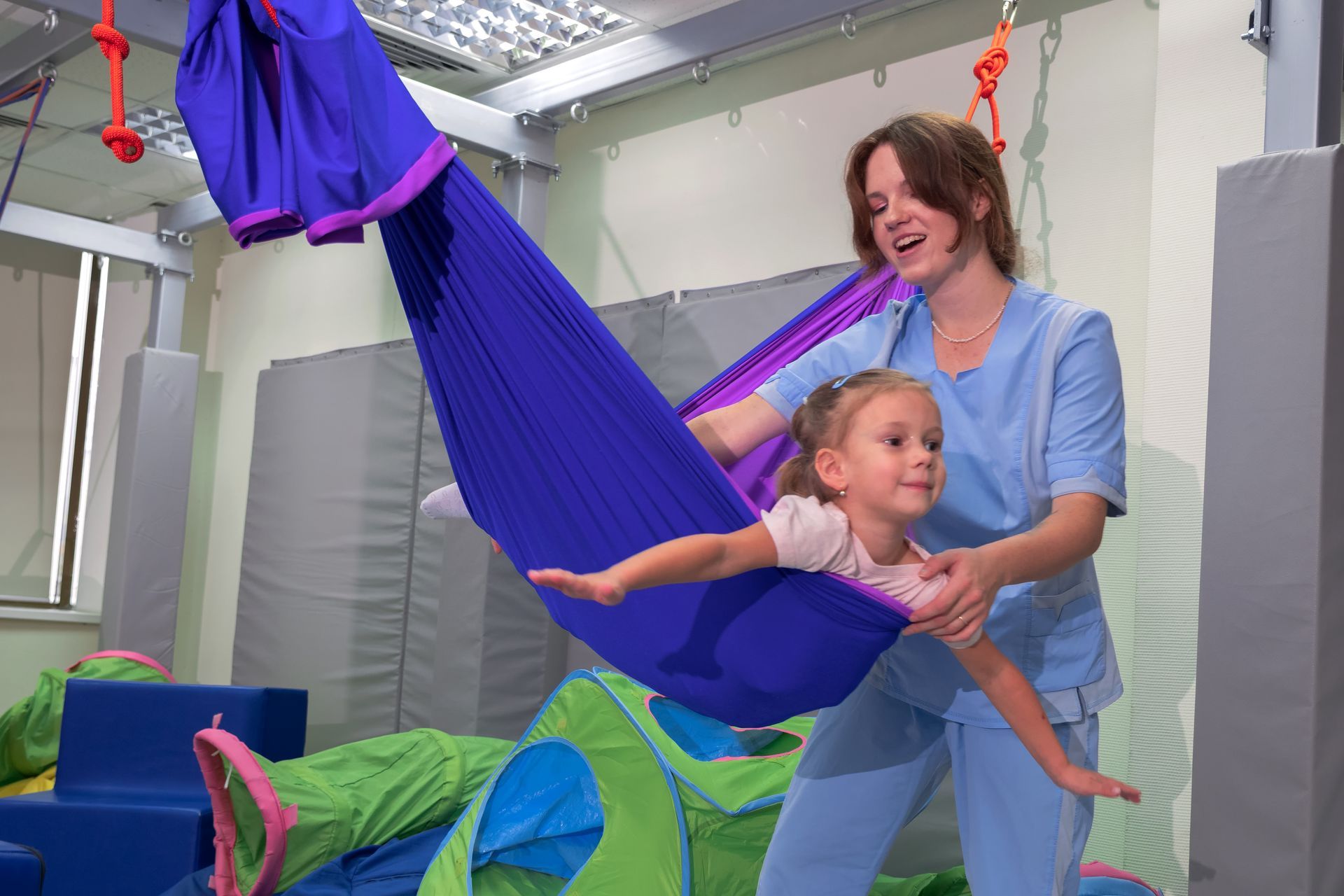Interim restrictive practice approvals in NSW: What Supported Independent Living providers need to know!

Interim restrictive practice approvals in NSW:
What Supported Independent Living (SIL) providers need to know!
In New South Wales, interim restrictive practice approvals (RPA) are a crucial component of managing interim behaviour support plans (BSP). These approvals ensure that restrictive practices are used appropriately and with proper oversight.
Key Points about Interim RPA Panels:
- Usage: Interim RPA panels are exclusively for interim BSPs.
- Recording Actions: All actions and decisions f rom an interim RPA panel must be documented in the NSW RPA System, similar to the authorisation of any restrictive practice.
- Panel Composition: The interim RPA panel consists solely of the Senior Manager f rom the NDIS implementing provider. The NSW RPA System restricts the selection of additional panel members for interim panels.
- Independent Specialist: A DCJ Independent Specialist is not included in interim RPA panels.
- Completion of Authorisation: Interim authorisation is f inalised once the Senior Manager approves the restrictive practice, and consent to implement the practice is obtained and recorded in the NSW RPA System.
- Stakeholder Input: It is often benef icial for the behaviour support practitioner and other stakeholders to contribute to the interim RPA panel. Best practice suggests that the author of the BSP attends the panel to provide additional information or answer questions f rom the Senior Manager regarding the strategies in the interim BSP.
- Additional Attendees: Any additional attendees, such as the Behaviour Support Practitioner or the participant, can be noted in the Outcome Summary.
These guidelines ensure that interim restrictive practices are implemented with the necessary oversight and input f rom relevant stakeholders, promoting the best outcomes for individuals under the NDIS. By adhering to these procedures, we can ensure that restrictive practices are used responsibly and effectively, with a focus on the well- being of our clients.







